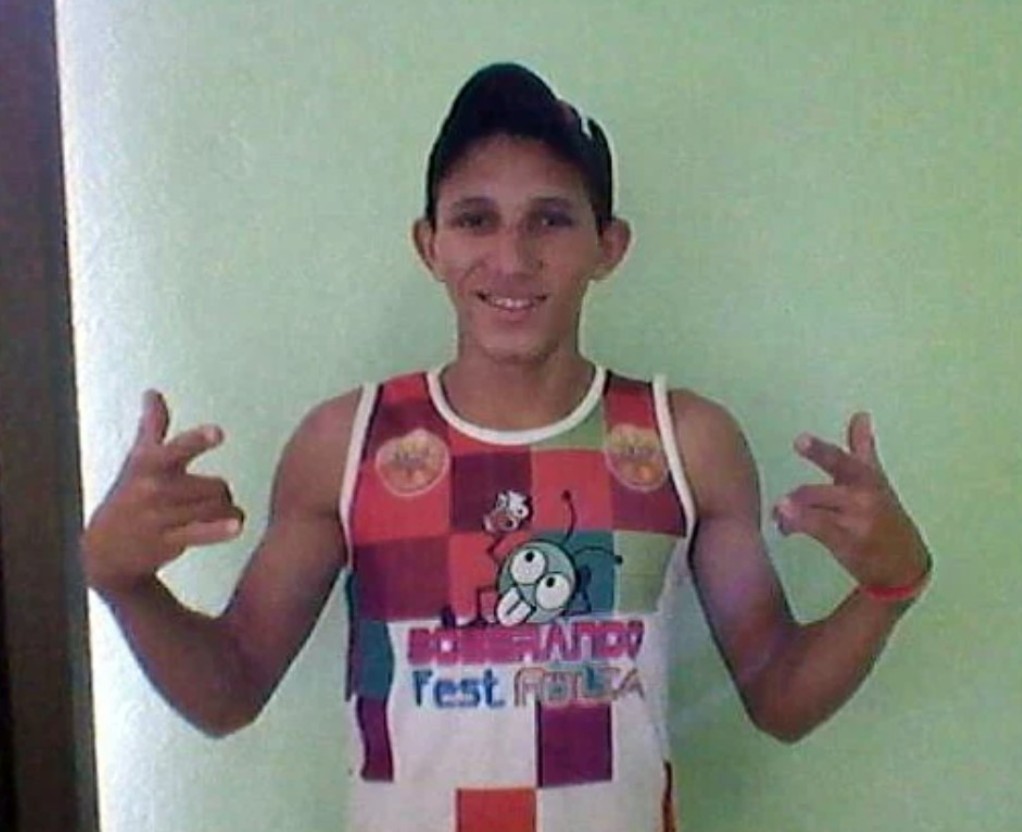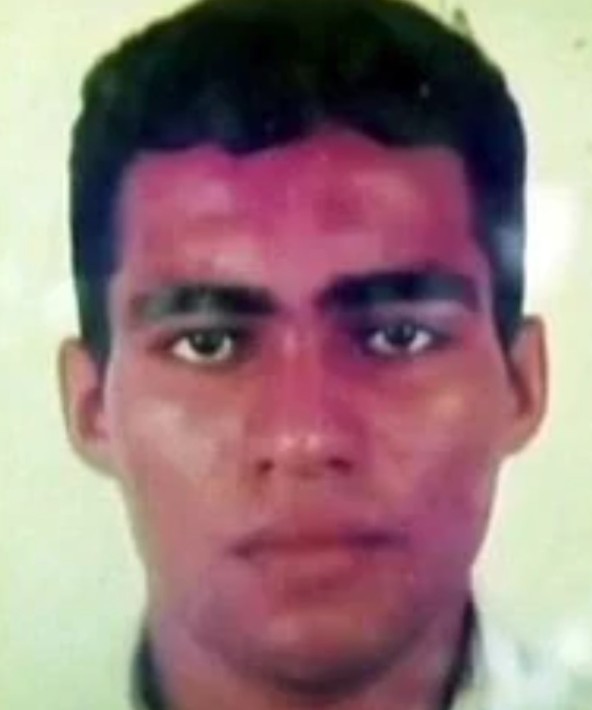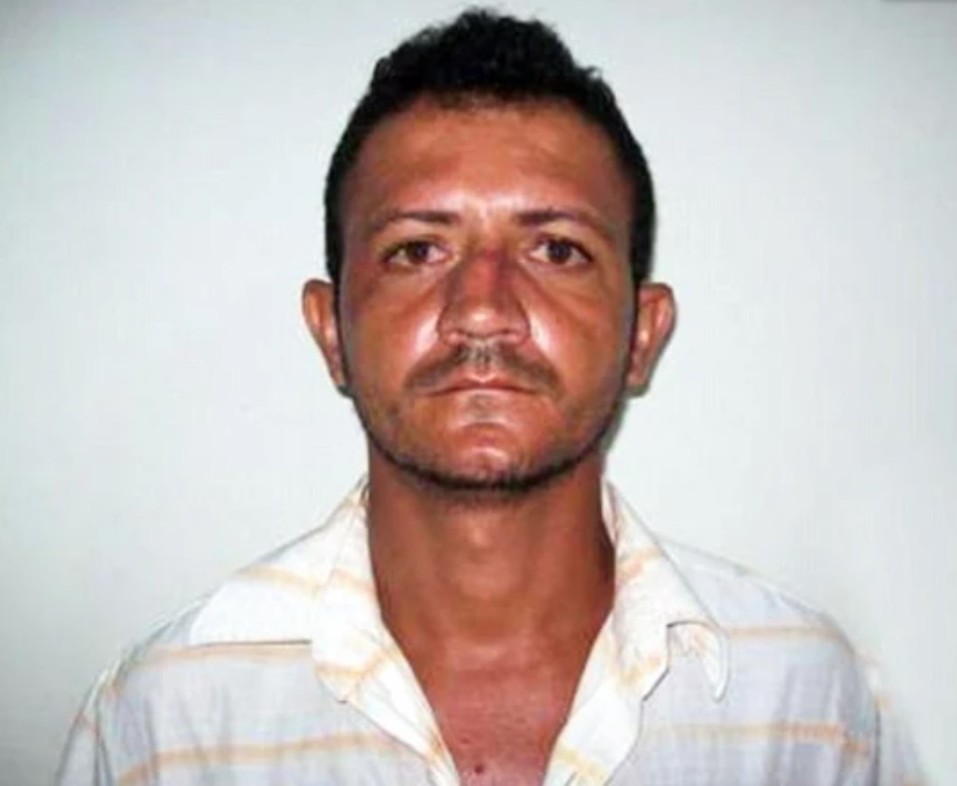What was supposed to be an ordinary amateur soccer game in the quiet town of Pius XII, Maranhao, Brazil, on June 30 turned into one of the most horrifying events in the history of sports. The tragic deaths of 20-year-old referee Otavio Jordao da Silva and 31-year-old player Josemir Santos Abreu during a local match have left Brazil, a nation where soccer is deeply cherished, grappling with the consequences of uncontrolled violence and mob justice. Footage from the scene, now widely referred to as the Otavio Jordao da Silva video, has only deepened the public’s shock and concern.

Contents
A Soccer Match Turns Fatal
The conflict erupted when da Silva issued a red card to Abreu for dangerous conduct. What began as a heated disagreement between referee and player rapidly spiraled into chaos. In a shocking twist, Silva pulled out a knife and fatally stabbed Abreu in the chest. The crowd’s reaction was swift, brutal, and fatal. In retaliation, enraged spectators, including identified suspects Luis Moraes Souza and his brother Francisco, attacked da Silva. The mob overpowered him, subjected him to torture, and eventually dismembered his body on the field, an act of violence nearly unheard of in Brazilian sports.
Inside the Tragedy: What the Video Reveals
Da Silva, described by locals as a strict but passionate referee, had no known history of violence. Yet, on that fateful day, he carried a knife, possibly out of fear or for protection, and used it when confronted physically by Abreu. Abreu, who had a reputation for aggressive play, allegedly tackled Silva to the ground before being stabbed.
Full video of Otavio Jordao da Silva
otavio-jordao-da-silva-video.mp4
The stabbing enraged the crowd, prompting several spectators, including Luis Moraes Souza, to storm the field. Luis beat Silva with a metal spike and smashed a glass bottle against his face. Moments later, the attacker known as “Pirolo” stabbed Silva in the neck with the same knife. Francisco Souza escalated the violence by dismembering the referee’s body using a sickle and placing his severed head on a spike in the middle of the field.
The Investigation: A Race Against Time
Leading the investigation is Officer Valter Costa, a veteran in handling violent crimes. Police responded quickly to secure the scene and collect witness statements. Luis Moraes Souza was arrested early on, but both Francisco Souza and “Pirolo” fled into the nearby forests of Centro do Meio. Their escape complicated the search, especially given the tight-knit, protective nature of the local community.

A Community in Mourning and Fear
The violent nature of the crime left the town of Centro do Meio paralyzed with fear and disbelief. Known for its community spirit and low crime rates, the town now found itself under an unrelenting national spotlight. Many residents were afraid to speak out, fearing retaliation or further conflict.
In the broader Maranhao region already facing socio-economic difficulties this incident reignited concerns over public safety and law enforcement effectiveness. The attack not only traumatized the community but also challenged the country’s image as it prepared for the World Cup.
Cultural and Social Underpinnings
Several experts point to deeper societal issues as contributors to this tragedy. In Brazil, soccer is more than a sport it’s a national passion. But this passion sometimes tips into fanaticism, especially in areas where law enforcement is weak, and disputes are settled informally through violence.

The fact that both a player and a referee lost their lives in such an appalling manner speaks to a broader culture of impunity and desperation. The acceptance of vigilante justice, particularly in under-resourced areas, reflects a society where trust in formal institutions is waning.
Expert Insight: Brazil’s Reputation at Stake
Paulo Storani, a former elite police officer and security analyst, condemned the incident as a profound societal failure. He emphasized that while sports violence is not new to Brazil, the grotesque scale of brutality in this case is unprecedented.
Storani warned that with the upcoming World Cup, Brazil must act swiftly to reassure the international community that it can host global events safely. He advocated for overhauled security protocols and community-based violence prevention programs.
Legal and Ethical Ramifications
The legal system now faces the challenge of holding the perpetrators accountable. Charges could include murder, incitement, and conspiracy to commit murder. The outcome of the trial will be a litmus test for Brazil’s justice system under international scrutiny.
Ethically, the incident raises uncomfortable questions: Why did the referee feel compelled to carry a knife? Why did the crowd not intervene to prevent the dismemberment? The normalization of violence and the breakdown of moral boundaries were painfully exposed.
The events of June 30 serve as a chilling reminder that passion for sport must never override humanity and law. The deaths of Otavio Jordao da Silva and Josemir Santos Abreu were not only personal tragedies but also national failures in maintaining safety and order in what should have been a community celebration.
As investigations continue and the search for justice unfolds, Brazil must take this moment as a turning point to reflect, reform, and reaffirm its commitment to ensuring that the beautiful game never again becomes a scene of horror.

